Category: Book Reviews
-
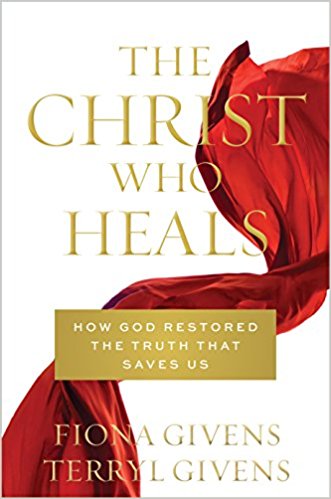
A Credible Case for Universalism — A Review of Givens and Givens’s The Christ Who Heals
In their new book, The Christ Who Heals: How God Restored the Truth that Saves Us, Fiona and Terryl Givens make the case for how “the doctrines and scriptures of the Restoration have enriched our knowledge of the rock and foundation of our faith — Jesus Christ.” The book is a delight: The Givenses draw on…
-
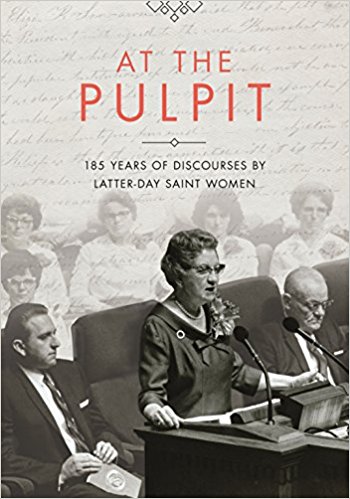
Reeder and Holbrook’s At the Pulpit: The book I hope becomes a fixture in Latter-day Saint homes
The first account we have of a woman speaking in General Conference is Lucy Mack Smith, speaking in Nauvoo, Illinois, in October 1845. But women were teaching in the Church long before that, and the continued long after that — not just in General Conference. In their collection At the Pulpit: 185 Years of Discourses…
-
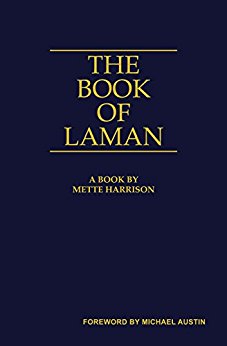
Inside the mind of the Book of Mormon’s first antagonist — A review of Mette Harrison’s The Book of Laman
In the Book of Mormon, Laman and Lemuel often come across more as comic book villains more than fully fleshed out characters. As Grant Hardy put it, “In the Book of Mormon, Laman and Lemuel are stock characters, even caricatures.” In her new novel, The Book of Laman (with its cover art a stroke of brilliance),…
-
Perspectives on Mormon Theology Review
Dave managed to finish his review of Perspectives on Mormon Theology before I did. To cut to the chase let me just summarize my judgment of the book first. If you’re at all interested in the implications of scholarly considerations of Mormon history, exegesis, or theology then this is a must read book. Blair Van Dyke and…
-
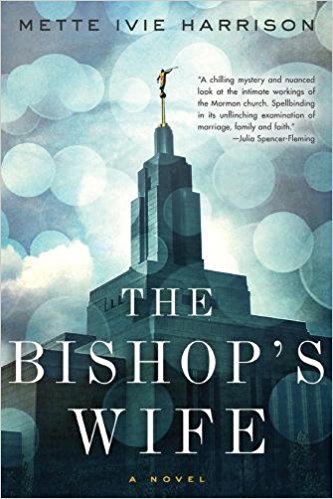
Fiction and Culture: Mette Ivie Harrison’s The Bishop’s Wife
A good Mormon mystery Novels — particularly good ones — convey a sense of place. This is absolutely true of mystery novels, from Kwei Quartey’s police detective in Ghana to Alexander McCall Smith’s private detective in Botswana. But how much do we really about a place or a culture from a work of fiction? I…
-
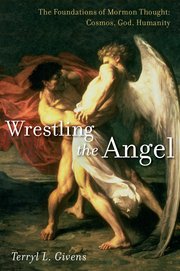
Mormon Doctrine for Grown-ups: A Review of Terryl Givens’s Wrestling the Angel
When I was young, I discovered C.S. Lewis’s Chronicles of Narnia and enjoyed every volume. Then one day, at my neighborhood library, I discovered Paul Ford’s Companion to Narnia, essentially an encyclopedia of Narnia, and I fell in love. The entries were arranged alphabetically, and there were more topics than I had ever imagined. It…
-
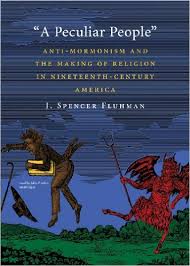
Review: A Peculiar People, or How Protestants Viewed Mormons in the Nineteenth Century
So I finally got around to reading J. Spencer Fluhman’s book “A Peculiar People”: Anti-Mormonism and the Making of Religion in Nineteenth-Century America. I was expecting another account of “beat up the Mormons” episodes in the 19th century. Instead, it was an entertaining and informative review of how informally established Protestantism worked in the 19th…
-
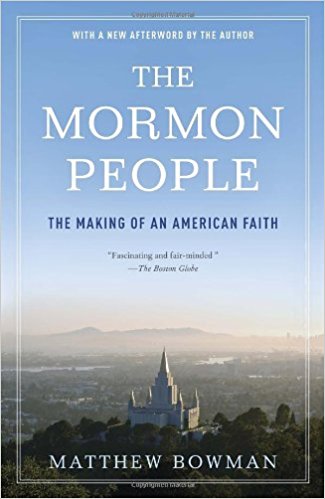
Three big things (and some little things) this lifelong Mormon learned from Matt Bowman’s history of the Church
How do you tell the story of a 200-year-old movement in a single volume? In the summer of 2011, Matthew Bowman received a call inviting him to write such a volume in under three months. The result — The Mormon People: The Making of an American Faith — is an accessible, even-handed volume that uncommonly gives…
-
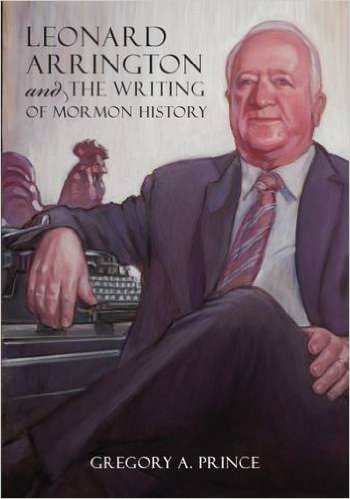
Telling the stories of the Church’s history
A review of Leonard Arrington and the Writing of Mormon History, by Gregory A. Prince Telling the history of a church can be tricky. Which elements arose from the culture of the time? Which manifest the direct intervention of the divine? Is that even a sensible distinction? On the one hand, some Church leaders have…
-
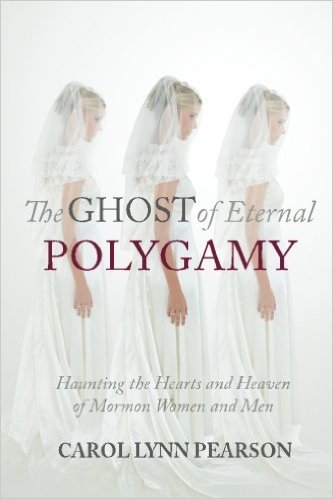
Listen to the stories of those who hurt because of the ghost of eternal polygamy
a review of Carol Lynn Pearson’s The Ghost of Eternal Polygamy: Haunting the Hearts and Heaven of Mormon Women and Men I don’t think about polygamy much. I have no interest in participating in it (in this life or another). It doesn’t come up much in my conversations, except as I discuss my polygamous ancestors…
-
The Nova Effect – Secular Age, round 7
This third section of Taylor’s book is, to me, the most redundant, so I’m going to make up for lost time by condensing these four chapters into one blog post. In fact, I’ll leave Ch. 11 off entirely because it’s mostly an exploration of the section’s themes through case studies in Britain and France. In…
-
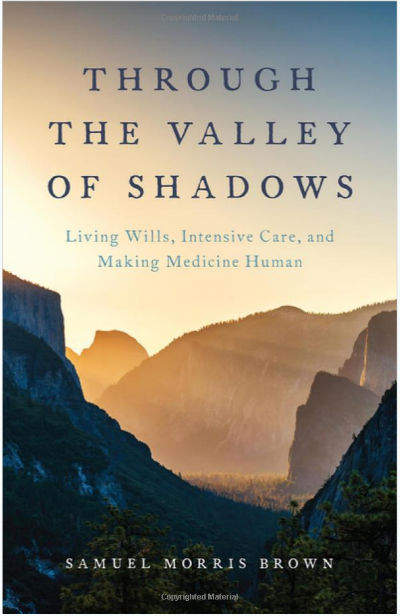
Book Review: Through the Valley of Shadows
Although Samuel Brown’s new book, Through the Valley of Shadows, is not a book that focuses on Mormonism, I jumped at the chance to review it for Times and Seasons simply because the subject matter fascinated me. Death, after all, is something that we all face, and I was already tangentially aware that technological advances…
-
The Anthropocentric Shift: Secular Age, round 6
Links to posts 1, 2, 3, 4, 5 In the last several posts, we’ve covered how the enchanted, hierarchical world of pre-modern Europe slowly shifted in the sixteenth and seventeenth-centuries to a “disciplinary” society, where human beings began to perceive themselves as rational agents and masters of their own will and destiny, and increasingly related…
-
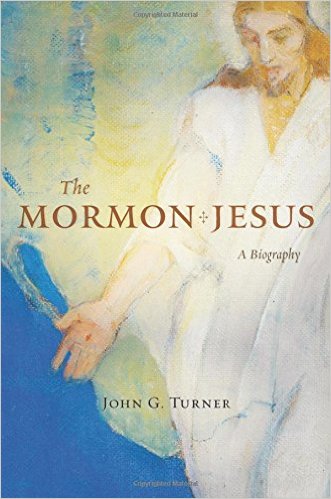
Whom say ye that I am? A review of John Turner’s Mormon Jesus
This is the first in a series on John Turner’s The Mormon Jesus: A Biography. John Turner’s latest book — The Mormon Jesus: A Biography — is wonderful. The book opens with Jesus’ question to his apostles, as recorded in Mark 8:29, “But whom say ye that I am?” Over the succeeding nine chapters, Turner…
-
‘A Reason For Faith’: A Review
During the lesson in Elders Quorum this past Sunday, we discussed ways to enhance our study of the scriptures. As usual, I raised my hand and recommended that we study the scriptures within their historical and cultural context so that our “likening” of them does not turn into “making stuff up.” I said that this should…
-
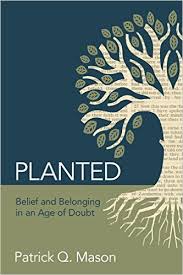
Thoughts on Planted: Apologetics in an Age of Doubt
Patrick Q. Mason’s Planted: Belief and Belonging in an Age of Doubt (2015) is the latest entry in the New Mormon Apologetics field. From the credits page: “This book is the result of a joint publishing effort by the Neal A. Maxwell Institute for Religious Scholarship and Deseret Book Company.” That is a promising partnership.…
-
Modern Sources of Belonging– Secular Age, round 5
The changes in construals of the self discussed in the last post were merely the flip side of new construals of sociality. This pairing helps correct narratives about the modern “rise of individualism” at the expense of community; individualism is learned, not natural, and “belonging” is an innate need that does not disappear with modernity.…
-
New Construals of the Self: Secular Age round 4
(Links to Rounds 1 , 2, and 3) In the previous chapter, Taylor outlined some of the main “bulwarks” of enchanted belief that had to give way for exclusive humanism to eventually emerge. In Chapter 2, the “Rise of the Disciplinary Society,” Taylor examines some of the new construals of self and society that would help make that…
-
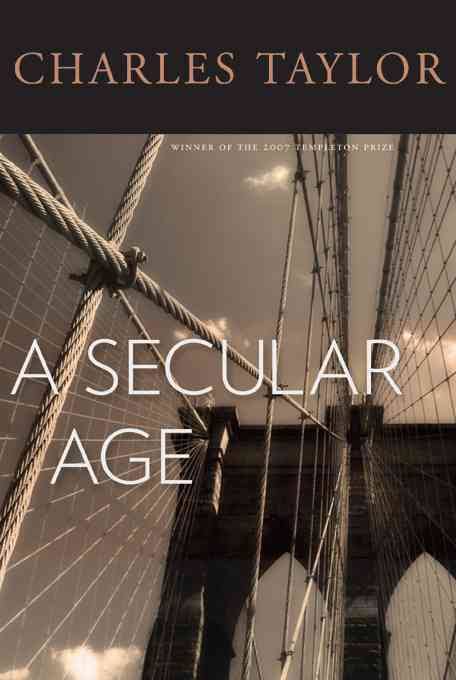
Enchantment and Disenchantment: Secular Age Round 3
(Links to Rounds 1 and 2) These next several posts will cover chapters in Parts I-III, which comprise Taylor’s account of the western historical trajectory towards secularity, from the enchanted world of 1500 AD to the disenchanted and pluralistic one of 2000 AD. Overall, Taylor’s historical account challenges the “subtraction” stories that explain the road to…
-
Transformation and Flourishing: A Secular Age, Round 2
(Link to Round 1) This post revisits the theme of fullness from Taylor’s introduction that I mentioned briefly in the last post. In the universal quest for the “good life”—the telos that determines what makes life valuable and what is the normative way to live— Taylor distinguishes the believer and the unbeliever by where they locate this fullness…
-

Conditions of Belief in A Secular Age: Secular Age Round 1
I finished Charles Taylor’s monumental A Secular Age last summer, and it was one of those books that you finish reading and the world feels like an entirely different place. In this book, Taylor examines not only the emergence of Western secularism, but the experience of living in it. His project is phenomenological as much as it is…
-
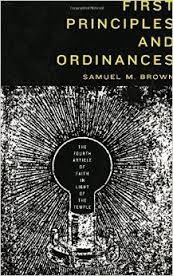
Review: First Principles and Ordinances
I’m going to say some nice things about Sam Brown’s First Principles and Ordinances: The Fourth Article of Faith in Light of the Temple, published in 2014 by the Neal A. Maxwell Institute. But first some background. This short book (153 pages of text) is part of the Maxwell Institute’s Living Faith series, which also…
-
Review: Joseph Smith’s Polygamy: Toward a Better Understanding
You have probably heard about Joseph Smith’s Polygamy: Toward a Better Understanding (Greg Kofford Books, 2015; publisher’s page) by Brian C. and Laura H. Hales. It has been getting a lot of attention, coming as it does in the wake of the recently released polygamy essays at LDS.org. Furthermore, the book follows the three-volume treatment…
-
On Not Reading the Book of Mormon
Having heard nice things about the odd little book by Pierre Bayard How to Talk About Books You Haven’t Read (ht: someone out there), I finally found it. And read it. Summary: You read a very, very small slice of all published books. You forget most of what you read, so you retain only a…
-
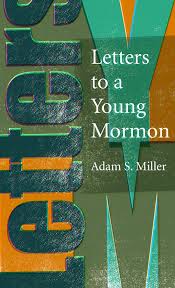
A Conversation About Letters to a Young Mormon
This is a discussion T&S permabloggers Julie and Dave had last week about the new book Letters to a Young Mormon (Maxwell Institute, 2014) by Adam Miller (also a T&S permablogger). Dave: Three things a reader should know about Letters to a Young Mormon: It is short, 78 pages if you count the title page.…
-
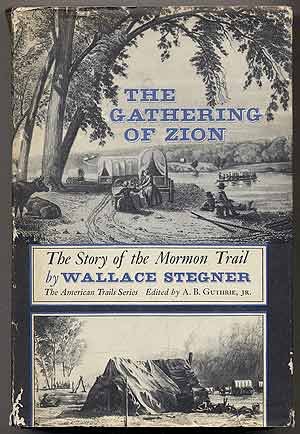
Not quite “Faith in Every Footstep”
It’s no surprise that my favorite book about the pioneers was not written by a Mormon.
-
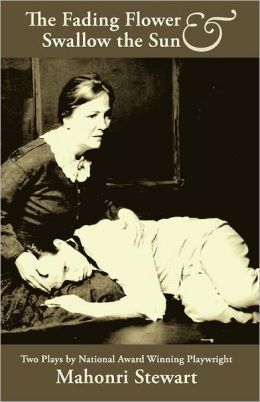
Review: The Fading Flower & Swallow the Sun
Mahonri Stewart recently released two of his plays–The Fading Flower and Swallow the Sun–together in a single volume. I found both of them to be so compelling, that I’m truly sad that no productions have been put on or are scheduled within 1,000 miles of where I live on the East Coast. More than just…
-

How a concussion made me think of Stephenie Meyer and Francis Hutcheson
Last semester, my first semester studying Greek, I sustained a mild concussion. I have mostly recovered now. I still have problems with bright lights that makes nighttime driving intolerable, but for the most part, I’m functioning normally. But for a few weeks there, I couldn’t think straight. It hurt to concentrate. Reading even a light…
-
The God Who Weeps: Faith
I agree with The God Who Weeps that faith is a decision, but I disagree about the site of this decision.
-
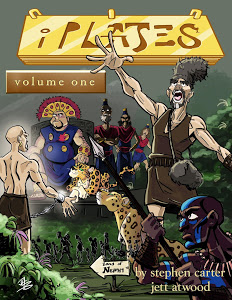
Book of Mormon Comics
I love stories. A narrative strikes me as the most fundamental way of ideas with other people. And by ideas, I mean not only the bare events of the narrative, but also abstract concepts, morals, and emotional truths. It makes sense to me that our basic scriptural texts have strong narratives. The Old Testament is…
